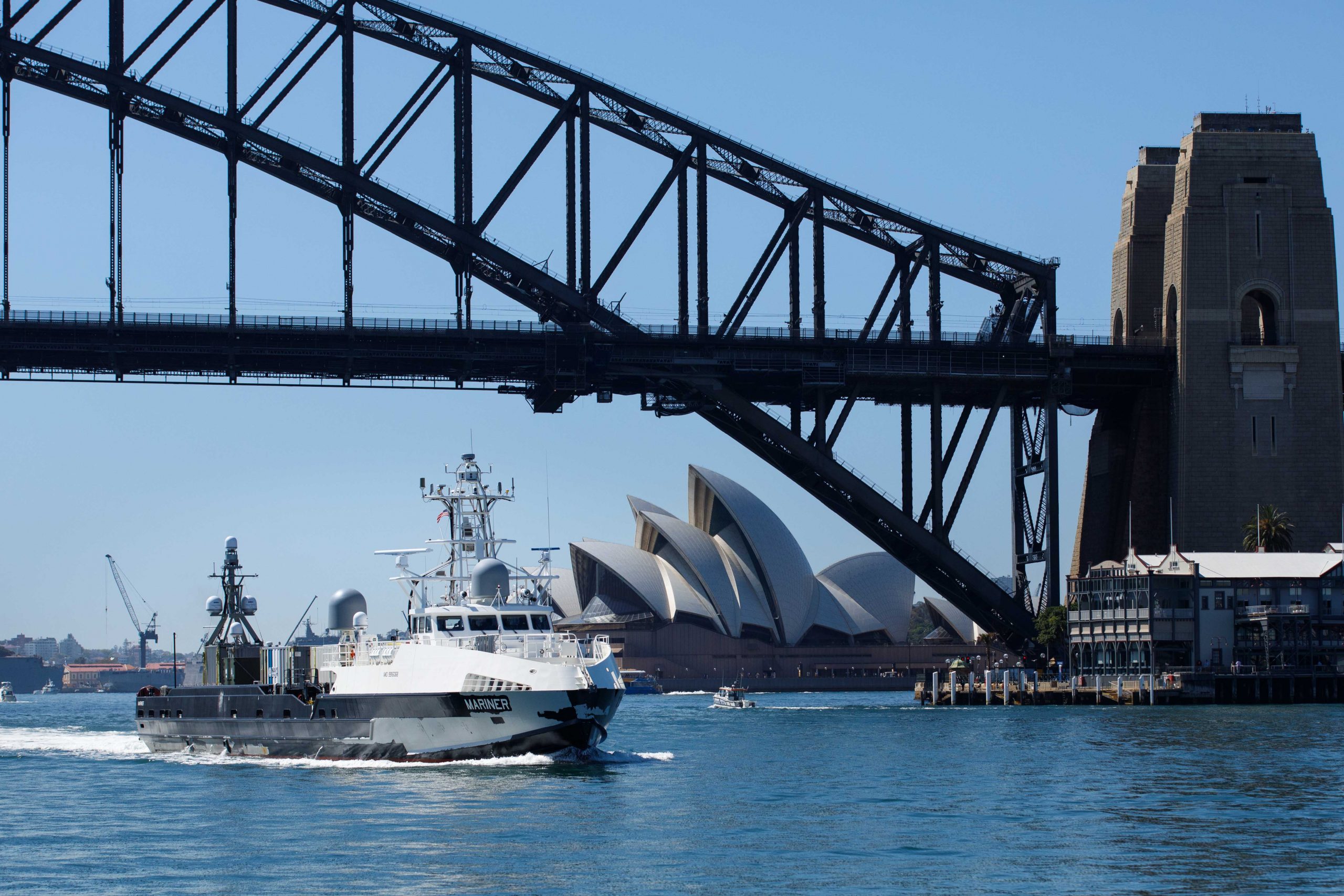By Dan Middlemiss, 17 August 2025
The US Naval Sea Systems Command (NAVSEA) recently laid out its vision for the Modular Surface Attack Craft (MASC) program. This involves a family of uncrewed surface vessels featuring a range of modular, containerized payloads. The USN also stipulated a tightly constrained timetable for competing contractors to move from prototyping to full-scale production following a contract award.[1]
The concept of warship modularization has created much discussion since the 1990s, with the USN’s Littoral Combat Ship (LCS) and its modular design features serving as the lightning rod for much controversy about the pros and cons of modular design.
It will be interesting to observe whether a similar debate opens up around the MASC concept.
Notes
1. Joseph Trevithick, “Navy Unmasks Its Vision For Fleet of Uncrewed Modular Surface Attack Craft”, www.twz.com, 31 July 2025 https://www.twz.com/sea/navy-unmasks-its-vision-for-fleet-of-uncrewed-modular-surface-attack-craft
Image: The unmanned surface vessel Mariner transits underneath the Sydney Harbor bridge as part of a scheduled port visit during Integrated Battle Problem (IBP) 23.2, Oct 24, 2023. Credit: U.S. Navy photo by Ensign Pierson Hawkins.






3 thoughts on “USN Pursues MASC – Modularization Redux”
Good morning Dan,
The USN has a history of ‘bright ideas’ that cost a fortune and accomplish little or nothing, even if they are brought into service. The Zumwalt destroyers and Littoral Combat Ships are two such ‘rushes of blood’ that actually made it into service to the great embarrassment and cost of the navy.
I wonder if the MASC will continue this expensive and unprofessional tradition.
Ubique,
Les
Hello Les,
I fully share your concerns about this proposed venture.
First, reputable independent analysis by the Congressional Research Service has pointed out that the USN does not yet have a fully developed CONOPS for USVs like MASC. Added to this, expert commentators note that any such CONOPS could have a major impact on the performance requirements for MASC.
Second, I think there are still a great many unanswered questions about the operational reliability and resiliency of these nascent uncrewed systems in real-world situations. NAVSEA’s hoped for 18-month time line from contract award to production seems certain to leave many of these operational issues only partially explored.
The whole MASC enterprise smacks of putting the technology cart before the doctrinal horse.
Hi Dan,
Thank you for your thoughts.
Putting technology before thought – such seems to be the American way!
Ubique,
Les